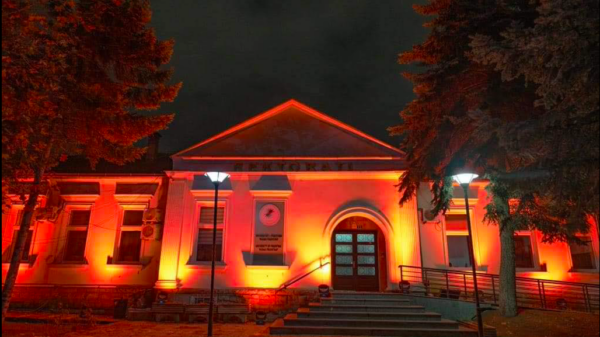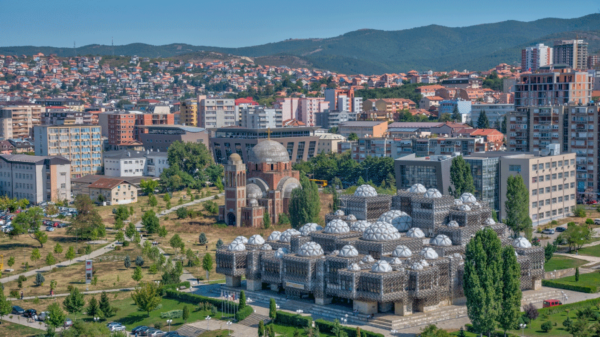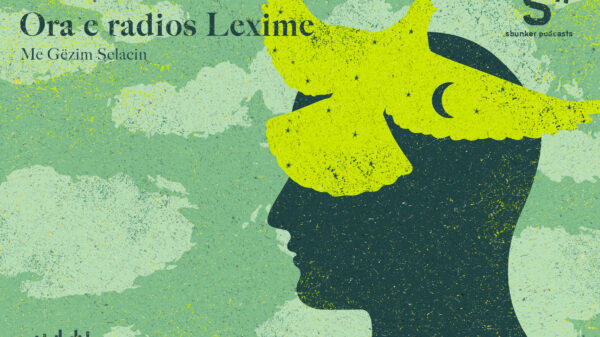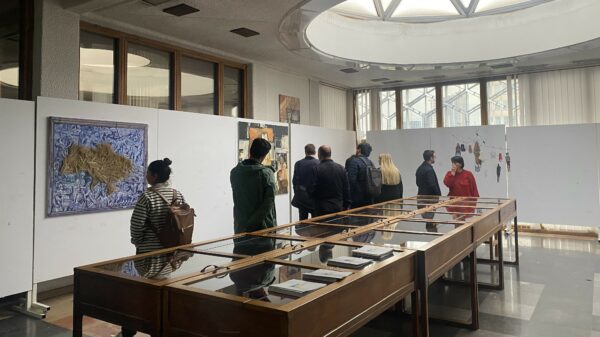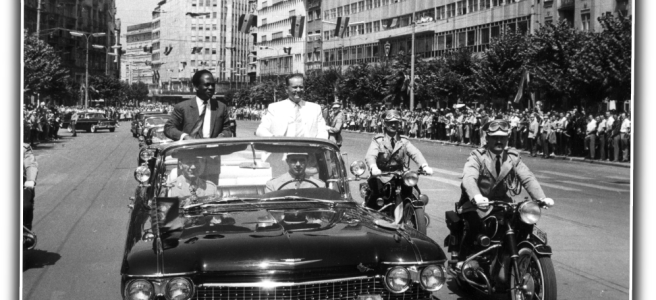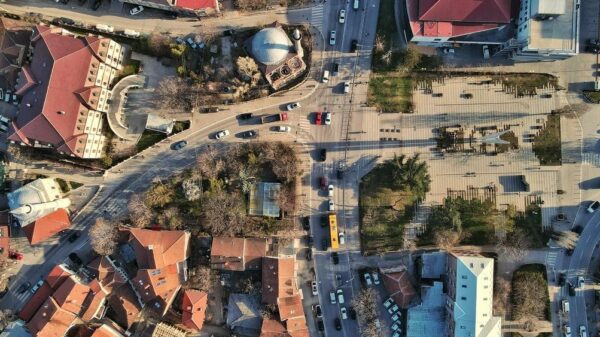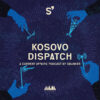In the context of the decolonial turn in art, culture, and academia in roughly the last ten years, as well as social movements such as Black Lives Matter, the topic of race has regained global attention. In the post-Yugoslav region, however, many people tend to deny the existence of racism when asked about it.
This is due to a common misconception that regions or countries that were not directly involved in the colonial project are somehow immune to racism. The concept of coloniality, however, shows that legacies of colonialism remain in structures of power, inscribed in different social and cultural formats of modernity. It points, among other things, to the global pervasiveness of race, meaning that no region should be exempted from the current rethinking of its outcomes.
This piece, based on the lecture draft for the 2023 Musine Kokalari Institute Academy, looks for the topic of race and racialization, with the recent academic output in mind.
Processes of racialization
Considering the region’s long-standing disregard for this important subject, it seems pertinent to emphasize that race is not a biological or scientific fact. It is a social construct that was used from the positions of power to express human differences in a hierarchical way. As such, it had far-reaching and detrimental consequences on people’s lives.
When thinking about racism, most people will identify it with anti-Black racism. Indeed, the global presence of the “color line” still makes Black and Brown lives more vulnerable than white ones. Yet, racism does not solely rely on the color of one’s skin. Numerous other social categories, including ethnicity, religion, class, citizenship, and others, can contribute to the processes of racialization. Instead of a singular racism, it would be more accurate to talk about different racisms, which are not static: they are relational, and they also change over time.
The concepts of institutional and systemic racism suggest further that racism is not a single act of violence or a biased viewpoint of an individual, but rather a widespread form of inequality directed towards groups of people through the process of racialization.
The Balkans as a borderland
The understanding of the concepts of race and racialization has to account for this region’s continuities with and discontinuities from Western modernity. There are complex, centuries-long histories of empires and nations, as well as different regional influences, that complicate the attempts at making generalizations about this part of the world.
Looking at more recent history, the notion of ethnicity, particularly from the 1990s wars and on, retained prominence in explaining inter-regional relations, at the expense of other notions such as race. Before that, from the 1960s, Yugoslav anti-colonial and anti-racist principles were part of foreign policy, additionally articulated through its engagement in the Non-aligned Movement. While anti-colonialism and anti-racism can be understood as an affirmative historical legacy to connect to, the lack of recognition of the processes of racialization in socialist Yugoslavia instructs us to observe even such legacies critically. Particularly so, since the ignorance of race or color blindness, misunderstood to be a form of anti-racism, spilled over to the countries of the post-Yugoslav region, transforming into new sets of racialized relations.
In his book White Enclosures. Racial Capitalism and Coloniality along the Balkan Route, Piro Rexhepi uses examples from Bosnia, Kosovo, Albania, and Bulgaria to show how the racialized geopolitical cartography of this part of the world re-emerged after the Cold War. Observing such processes within a wider framework of international power relations, he depicts a complex situation of Balkan states as being both (neo)colonized and instrumentalized in protecting the Euro-Atlantic white/Christian homogeneity turned against racialized groups such as Roma, Muslims, and migrants. He contextualizes the Balkans as a borderland, in reference to the migration along the “Balkan route” and the subsequent EU border reinforcement measures.
European Gadjo supremacy
According to Rexhepi, institutional and systemic racism throughout the Balkans particularly affects people who find themselves at the intersection of Roma and Muslim identities. It manifests in the form of forced displacement, demolition of houses, restricted movement, and denying the right to papers. The complexity and significance of overlapping forms of marginalization, are additionally emphasized in his work.
Jelena Savić writes from a position informed by the lived experience of Roma in Serbia and the region. She draws from the US-based critical race theory, theory of whiteness, as well as Black feminist theory, to show how racialized inequalities extend to all the domains of living, including housing, education, employment, healthcare, and legal matters. Analogous to the knapsack of invisible white privilege as described by Peggy McIntosh for the US context, Savić highlights the privileges that the white Gadjo – which is a Romani name for non-Roma – have over Roma.Although her experience is more closely related to the post-Yugoslav region, the concept of “European Gadjosupremacy” that she coined to name a naturalized or “unmarked” position of European whiteness in the process of Roma racialization, concerns Europe in general.
Whom do we think with
Both Savić and Rexhepi apply such methods and interpretations in their own work that prioritize the perspectives and experiences of the most vulnerable individuals and the most marginalized groups – including their occluded histories over time. They both show that whom we choose to think with will dictate our ability to disengage from the coloniality of knowledge and being, while an important part of such decolonial work will be recognizing our own positionalities.
But how will that affect racialized hierarchies? Becoming aware of privilege does not necessarily means being willing to give it up. And even being willing to give it up, does not guarantee that we will recognize all the instances in which we continue to perpetuate certain forms of epistemic and other violence without even knowing it. A long fight against racism that lies ahead asks both for unlearning and de-naturalizing certain “truths”, such as (post)Yugoslav color blindness and – as Savić underlines – a willingness to get uncomfortable in the process.







